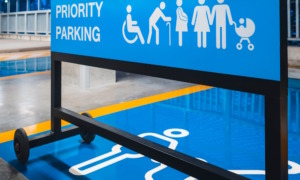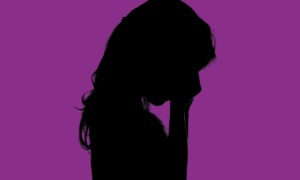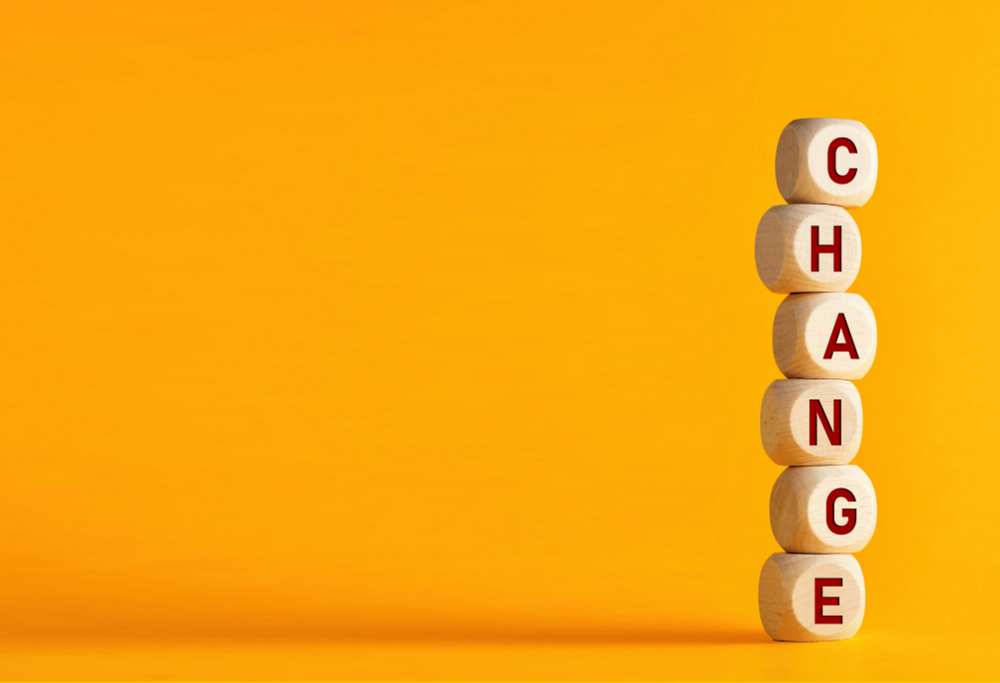 CAGKAN SAYIN/SHUTTERSTOCK
CAGKAN SAYIN/SHUTTERSTOCK
COVID-19 has led to many necessary changes for people all over the world. One is the way we think about safety and health. Our new normal is made up of little decisions throughout the day to do things to protect ourselves from this virus.
However, if we take a step back, we can see that this event has changed the way we think about more than just our well-being. It has changed the way we look at the future. I asked two young people with disabilities how they felt COVID-19 has shaped their views of the future.
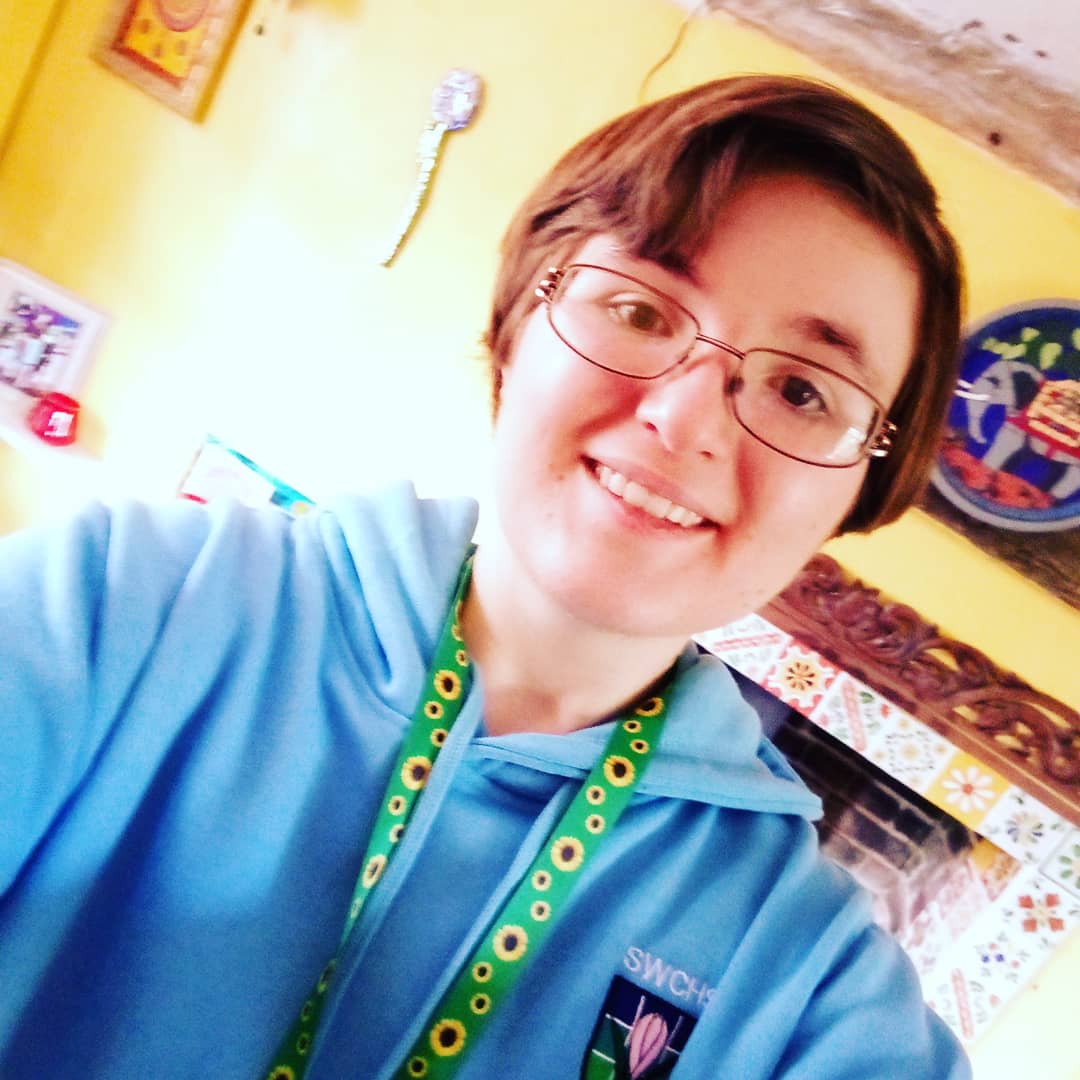
Ash Strowger
Ash Strowger is 18 and lives in Sudbury, England. He has autism, Ehlers-Danlos syndrome (a disorder that affects the skin, joints and blood vessels) and orthostatic hypotension, a form of low blood pressure. He is a singer-songwriter who likes to write songs about his experiences and share his story on social media.
England devised a system to help people with invisible disabilities in response to COVID-19, he said. He hopes this type of consideration is given even after the pandemic is over.
“In England they launched a sunflower lanyard scheme for hidden disabilities, which since the [use] of it as a signal of facemask exemption it has brought about significantly more awareness of the scheme which I hope will continue after COVID,” he said.
Ryann Kress, 28, lives in Roanoke, Virginia. She lives with hypermobile Ehlers-Danlos syndrome with Marfanoid characteristics, which causes the limbs to be disproportionately longer, and dysautonomia, a dysfunction of the nerves that regulate involuntary body functions such as heart rate and blood pressure. She is very active in spreading awareness about people with disabilities.
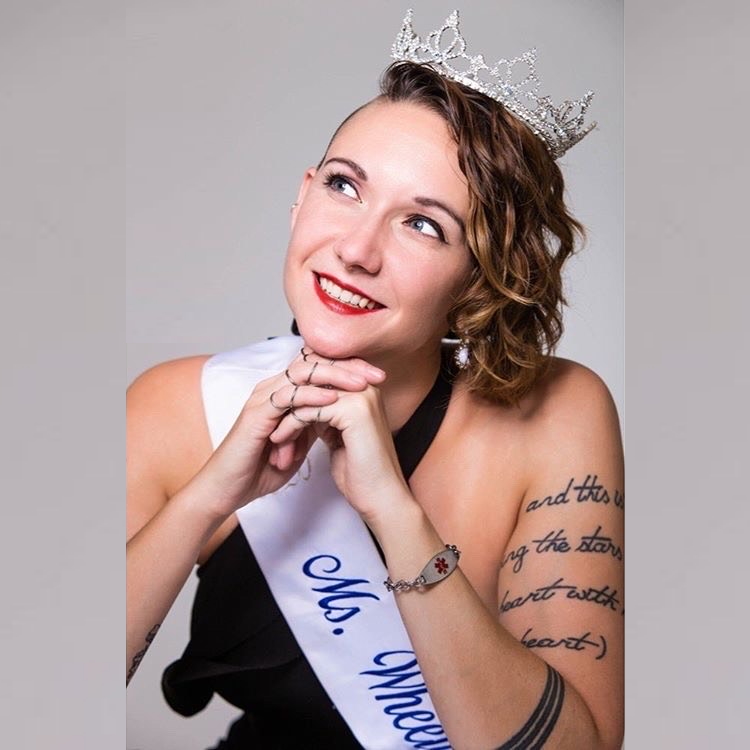
Ryann Kress
“I share stories from my own life as a disabled woman, my journey as a ‘fairly new’ wheelchair user, and my experiences as a disabled nurse. I am also the reigning Ms. Wheelchair Virginia. Under that title, I travel all over the state of Virginia to speak about disability advocacy and increasing the employment of people with disabilities in health care,” she said.
Kress has some optimism about the post-COVID-19 future.
“I have seen many health care workers leave the bedside because of the increased strain the virus has put on our medical community,” she said. “That being said, I have also seen an insane surge in comraderie amongst health care practitioners. We have worked long hours with not nearly enough PPE [personal protective equipment] and we have become better practitioners because of it. COVID also has given the world a glimpse into the shortcomings of our health care system as a whole. I hope to see an increased focus on improving these shortcomings so that we will be better prepared should a global outbreak ever happen again.”
Young people with disabilities have been affected both positively and negatively by the pandemic, she said.
“Some negative effects include decreased ease of contact with health care providers in person, decreased socialization with anyone outside of their direct family unit, and increased fear of contracting the virus due to decreased immune systems and fearmongering from the media surrounding COVID,” Kress said. “On the other hand, some positive effects of COVID include increased use of telehealth services by health care providers, making it easier to get in touch … without leaving home.”
Strowger believes the pandemic “can be isolating, particularly for those with conditions such as autism where some forms of digital communication such as phone or Skype can be harder to use since you lose a lot of social cues which we often rely on to a greater extent than neurotypicals.”
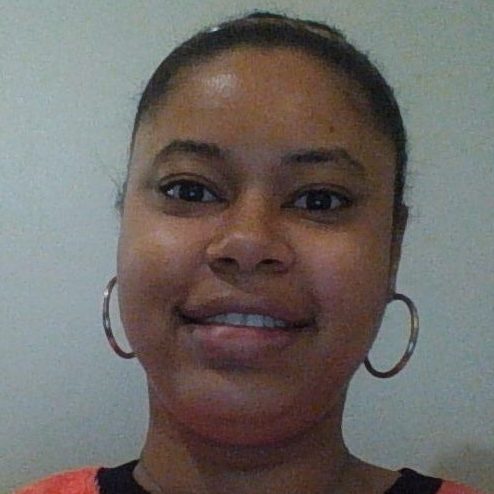
Deandra Mouzon
As we look out into the world and see the different responses to this deadly virus, remember to look into the future. We can learn from the triumphs as well as the failures. As these young people have reminded me, this pandemic can be a chance to make some much-needed changes in how we address disability issues.
Deandra Mouzon is a Georgia-based journalist who received a B.A. in journalism from CUNY’s York College. Currently she is working on a publication about youth with disabilities.


